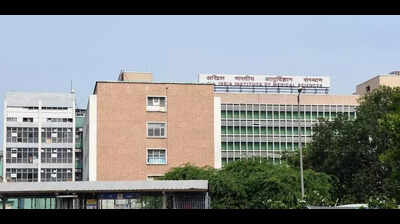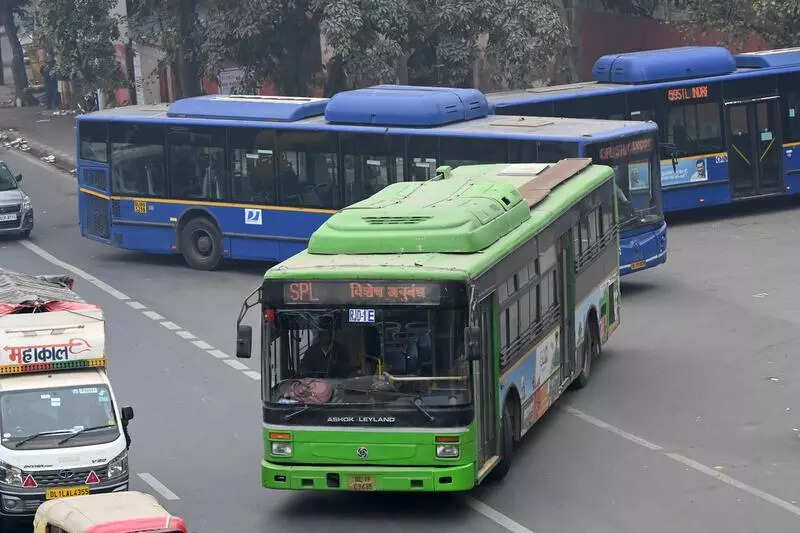New Delhi: A 31-year-old “super-super obese” govt employee from UP, weighing 254 kg and with a Body Mass Index of 75.5, successfully underwent a weight reduction surgery at AIIMS on May 30. Following post-operative recovery, he was discharged on Sunday.A BMI of 75.5 indicates super-super obesity, which presents significant life-threatening risks during the peri-operative period, requiring specialised management by multiple disciplines, medical experts explained.Doctors at AIIMS said that the patient experienced continuous weight gain throughout childhood. Despite following strict dietary controls and exercise programmes over three years, he failed to achieve weight reduction. Super-super obesity is diagnosed when an individual’s BMI exceeds 60. This severe condition brings forth substantial medical complications, psychological issues and social difficulties.The surgical team, led by Dr Manjunath Maruti Pol, additional professor of transplant and bariatric surgery, department of surgical disciplines, performed one-anastomosis gastric bypass—a weight reduction surgery. The procedure involves reducing stomach capacity to 60-80 ml and connecting the stomach pouch to the small intestine (200 cm from DJ flexure). This enables direct food passage to the small intestine, facilitating hormonal changes that normalise blood sugar and address other health issues—comorbidities (hypertension, dyslipidemia, etc).Dr Pol revealed that the patient previously lost 90 kg through intensive diet and exercise about 10 years ago. However, the patient experienced weight gain over the past three years despite lifestyle modifications and physical activity. His obesity affected his professional life, causing self-doubt about career progression and diminishing capabilities in both work and personal spheres.“Standard weight reduction methods (diet and exercise) prove ineffective for such cases. Bariatric surgery for super-super obese patients requires careful assessment of peri-operative risks, demanding comprehensive care from multiple specialists, including doctors, dieticians, psychologists and physical therapists,” Dr Pol said.The doctor detailed preoperative care requirements, including continuous positive airway pressure for obstructive sleep apnea patients, management of blood pressure and diabetes. He outlined pre-operative habilitation involving supervised weight reduction and physiotherapy. The approach requires coordination between surgery, anaesthesia, pulmonology, cardiology, dietetics and psychology teams.Additionally, he noted that post-operative care necessitates HDU/ICU facilities or monitored recovery units, whilst venous thromboembolism prevention through mechanical and pharmacological means commences during the operation.Discussing the dangers linked to super-super obese individuals, Dr Pol highlighted the elevated chances of leakage, respiratory complications and nutritional shortfalls. “These patients typically require intensive care monitoring in the initial phase. A specialised bariatric team must provide subsequent care,” he asserted.






